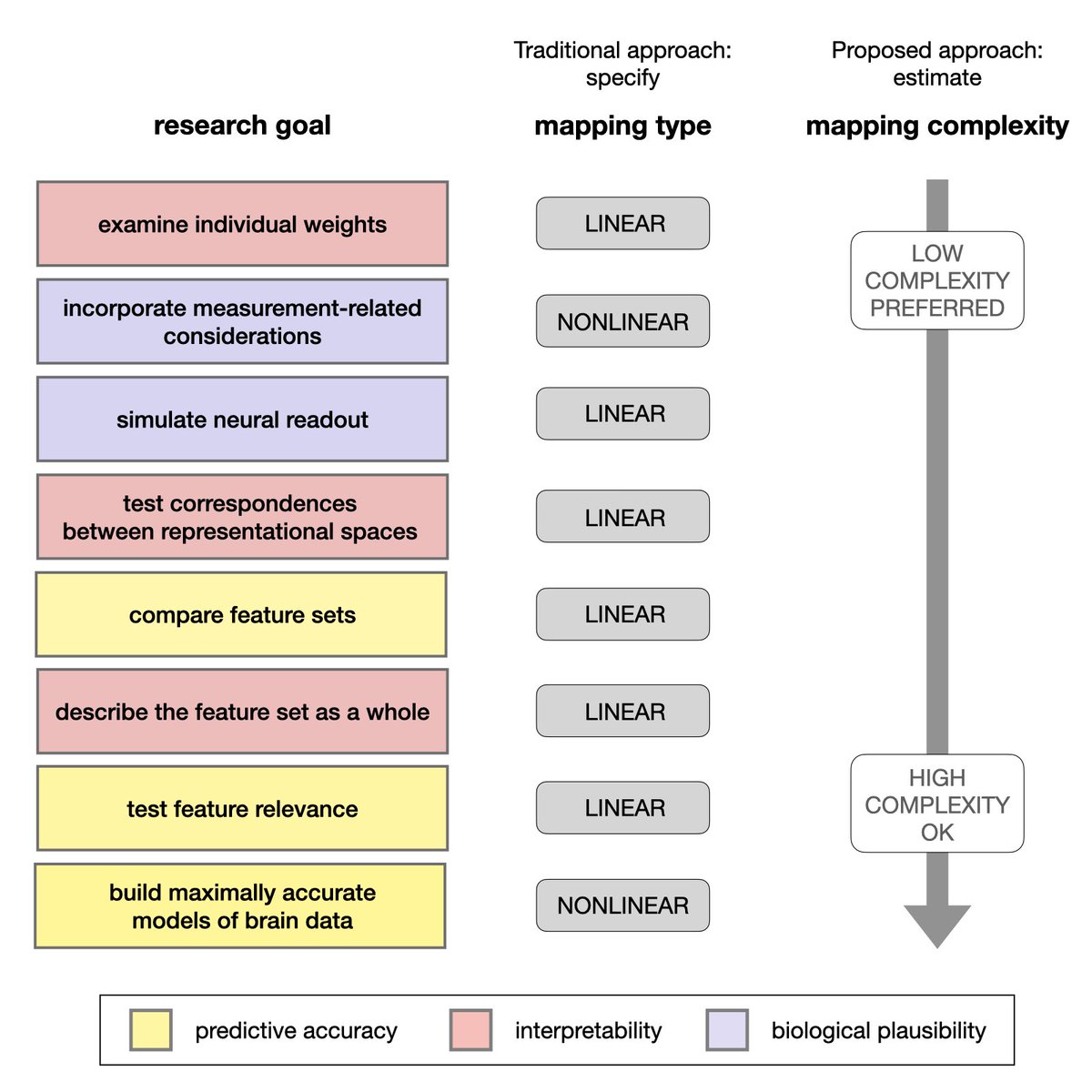
Language and thought in brains vs machines.
New Assistant Prof @ Georgia Tech Psychology. Previously: postdoc @MIT_Quest & PhD @mitbrainandcog.
She/her
How to get URL link on X (Twitter) App









https://twitter.com/biorxiv_neursci/status/1518655282712395776An example movie clip is Partly Cloudy! So, another way to pose the question is “Do people consistently recruit the language network when watching Pixar shorts?” 😉 2/n


https://twitter.com/biorxiv_neursci/status/1251457175999983616Does the brain treat code like natural language? Or like logic and math? We addressed this question by measuring fMRI responses to two very different programming languages - Python and ScratchJr (graphical programming language for kids). 1/n